One of the most important things in life is clean water. We use it in everything that we do. This is why there are developments and innovations in devices for gathering enough amount for our needs. One of them is the pressure well pump. We have researched it to let you know what are its pros and cons. Here is what we learned:
The advantages of a constant pressure well pump are the following:
- Satisfies water demand
- Steady water pressure
- Energy and budget efficient
Meanwhile, its disadvantages are as follows:
- Should be installed by professionals only
- Must be supplied with an electricity
- Expensive repair
To elaborate on its pros and cons, we will tackle how these points are considered to be its asset and handicap. Also, you will know how much the product cost and installation. We will reveal all of this and more to you in a while.
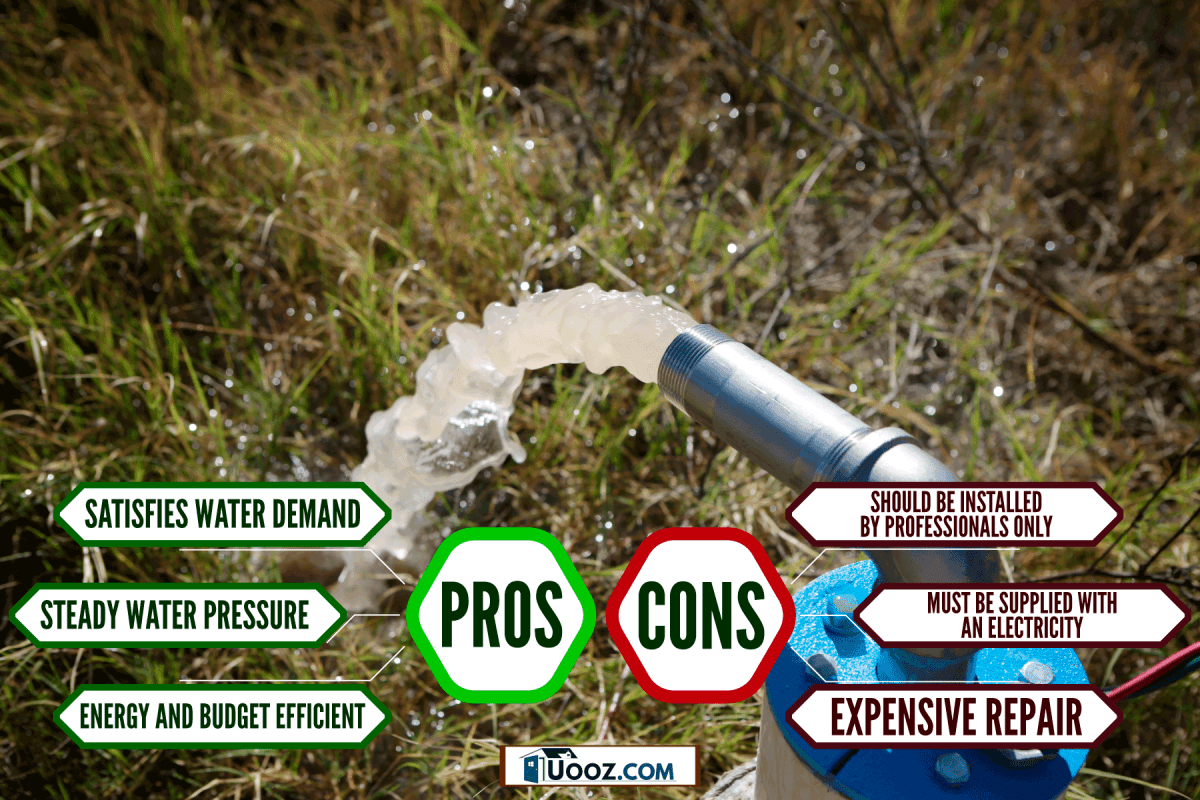
Pros And Cons of Constant Pressure Well Pump
According to US Environmental Protection Agency, an average American household consumes 300 gallons of water per day. This still varies on the size of your family and usage. To give you an overview of how that amount is distributed in your home through fixtures, take a look at this:
- Faucet - 20% gallons per household per day (gphd)
- Shower - 20% gphd
- Toilet - 24% gphd
- Clothes washer - 16% gphd
- Leak - 13% gphd
- Bath - 3% gphd
- Other - 3% gphd
So, imagine how much inconvenience it would be if you have less than the water you need? Especially since it is essential in keeping everything and everyone clean in your house. This is why some chose to have constant water well pumps.
What Is A Constant Water Well Pump?
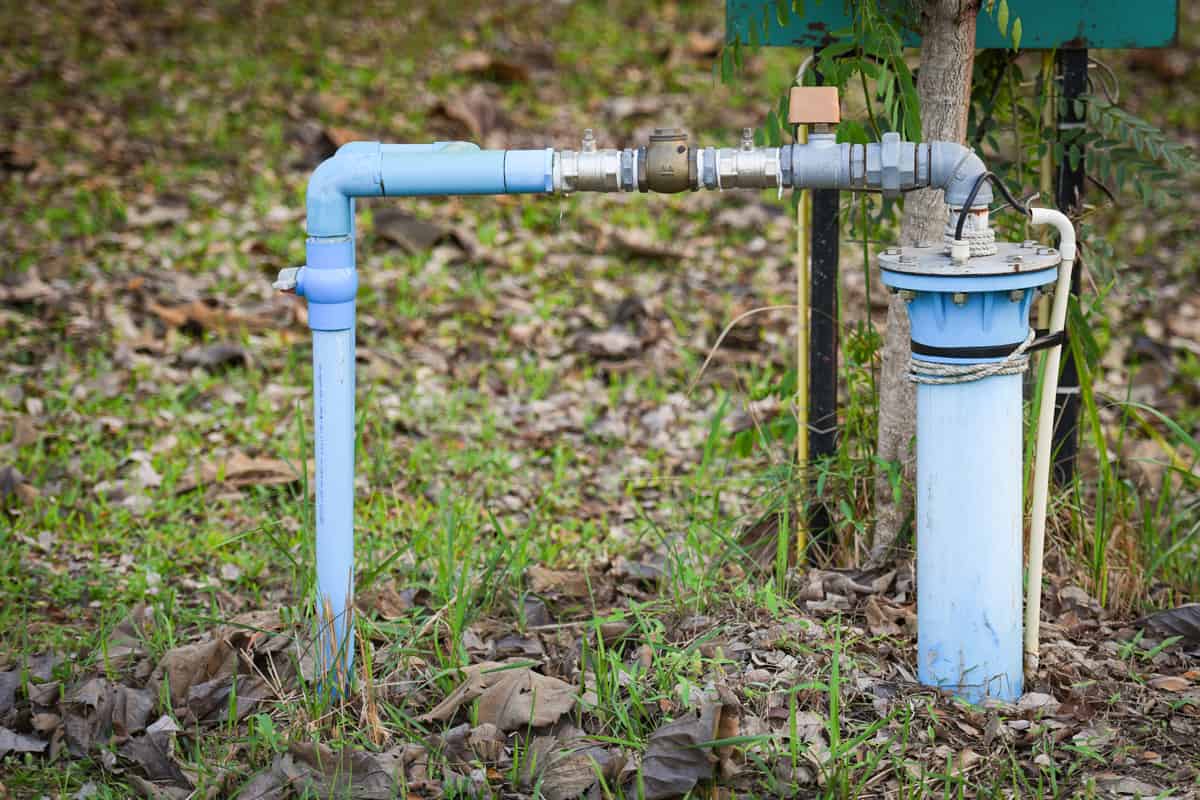
Constant water well pumps are what work hard to fill your tank with the water you need constantly. Its system has the capacity to detect and monitor your household's water needs, pumping when it's needed and stopping once you are done.
Its goal is whatever amount you need and when the good pump will accommodate to make sure that you won't run out of water. This is ideal especially when multiple people use water at once.
Pros of Constant Pressure Well Pump
Now that you know what it does, let us now dwell deeper into the main topic. Starting with the benefits that you will get with the pressure well pump.
Satisfies Water Demand
There are moments when your shower suddenly stopped sprinkling water because a faucet turned on in some part of your home. You will not experience that if you have a water pressure system. A constant supply of water will be delivered to your home until you need it.
Steady Water Pressure
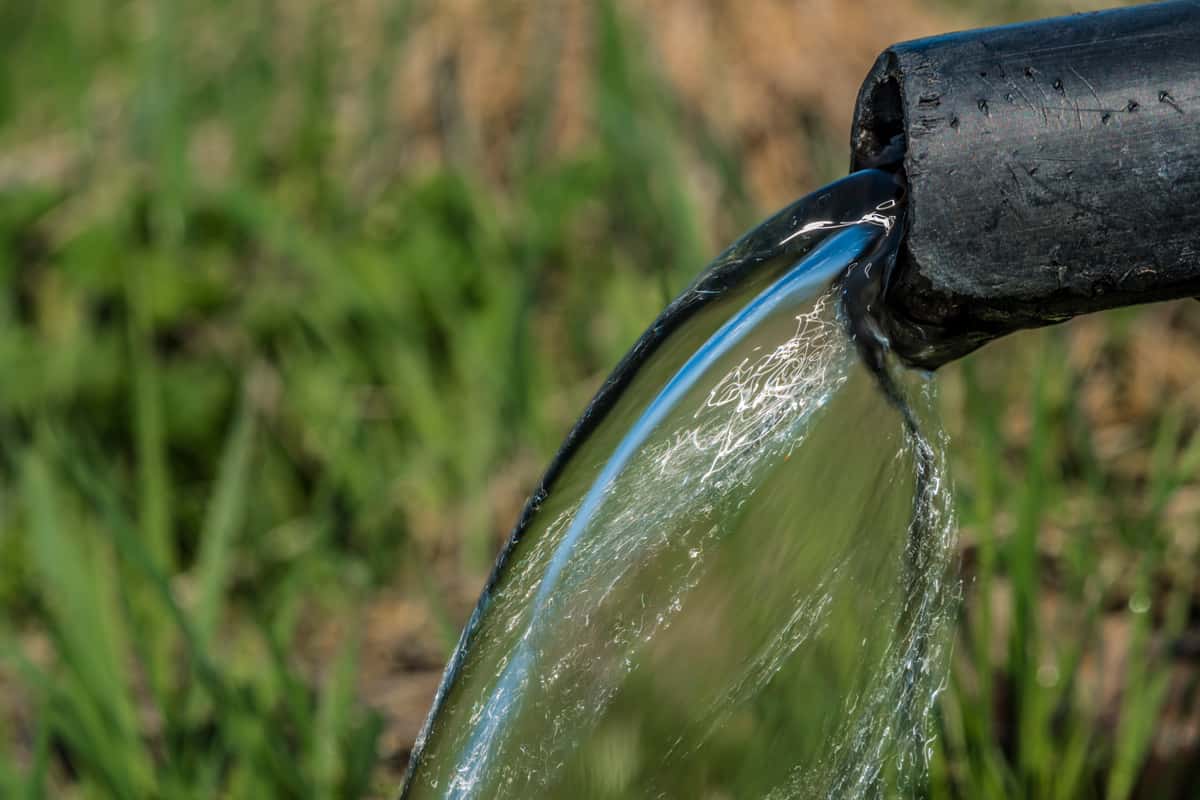
If you have experienced having weak water pressure, you must know how hard it is to adjust. You will have a delay in your activities such as washing dishes if you need water on your cloth washer. At some point, you may have not done anything at all.
Just like what we have discussed earlier, this technology is very helpful. Especially if your home has multiple levels. Usually, two or more story house needs a 40/60 PSI setting to have a good flow of water in any fixture. Having a pressure well pump system can make that happen.
Energy And Budget Efficient
Since this is an advanced device, your pump will only use energy if needed. This means it is also at rest when every water-using device is.
You will be able to save energy and will notice the digits in your electric bill decrease. The running wattage depends on the size of your pump motor. Take a look at the list below to know how much is yours if you have one already.
- 1/3 HP - 750 to 800 Watts
- 1/2 HP - 900 to 1,050 Watts
- 3/4 HP - 1,500 to 1,800 Watts
- 1 HP - 2,000 to 2,400 Watts
- 1.5 HP - 2,500 to 2,800 Watts
- 2 HP - 3,750 to 4,000 Watts
- 3 HP - 5,000 to 5.500 Watts
- 5 HP - 7,500 to 8,000 Watts
- 7.5 HP - 10,000 to 11,000 Watts
- 10 HP - 15,000 to 16,000 Watts
Cons Of Constant Pressure Well Pump
Despite the benefits, pressure well pump has their handicaps too. Although, there isn't much as compared to other pumping systems. Here are the disadvantages of it:
Should Be Installed By Professionals Only
If you are planning on installing a pressure well by yourself. You will need to think again. Instead of course if you have the expertise with electrical wiring, well, and pumps. If not, then you have no other choice but to hire a professional.
Later on, we will discuss the cost of the money you may spend on this.
Must Be Supplied With An Electricity
One downfall of a well pump is that it is dependent on electricity. It needs energy in order to have enough power to pull up the water all towards the tank.
This means that if there is a power shortage in your area, the water you have is the stored volume left in the tank. Places with brownout will most likely have to gather water in large containers. Just in case you will run out of it before the electricity is restored.
Another is using a generator that can accommodate the power that the pump requires to operate.
Learn more about using stored energy on well pumps here: Can You Run A Well Pump With A Generator? [And What Size Generator Do You Need?]
Expensive Repair
If there are any malfunctions, repairing a good pump starts from $300 up to $1,495. Where To give you more detailed prices, here is the cost of repair depending on the part including the labor.
- Well ejector - $150 to $500
- Deep-well jet pumps - $400 to $800
- Shallow jet pumps - $200 to $500
- Pitless adapter - $150 to $450
- Control Box - $200 to $500
- Motor start capacitor - $100 to $150
- Pressure switch - $120 to $175
- Pump sleeve - $150 to $400
- Foot valve - $150 to $300
- Pressure gauge - $100 to $175
Signs You Need To Replace Your Well Pump
Instead of paying for a repair, you must be cautious of the symptoms which indicates that you should just replace your well pump. But before you make any final decision, consult a plumber or an electrician to make sure you will address the problem with the best solution. May it be replacing or not.
Anyhow, here are the signs that you might need to have a new well pump:
- There is no or low water pressure. There might be damage on your pipe or tanks.
- Check if you hear any malfunction in your pump such as making unusual noises or not shutting off.
- You have air running out of the faucet while using the water.
How Much Is Constant Pressure Well Pump
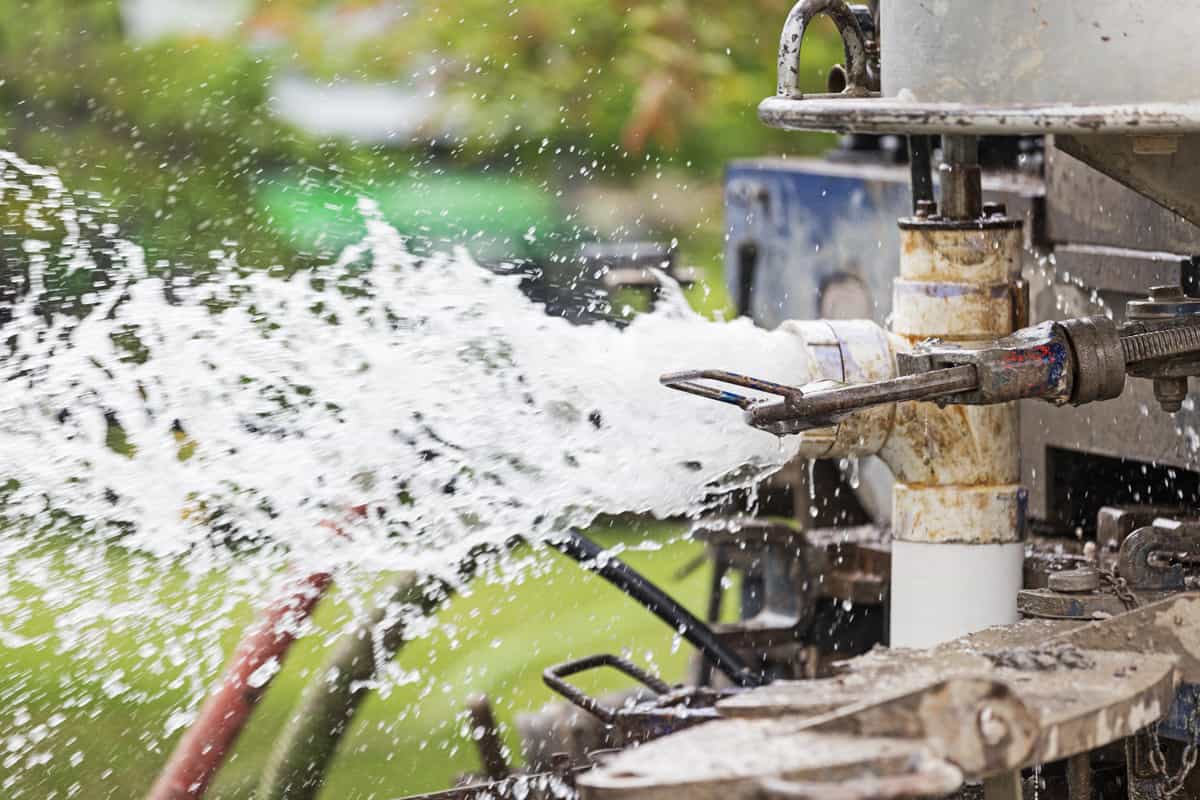
The price of a constant pressure well pump is $2,000 to $5,000. This varies on the size, brand, and quality. But overall, the cost range of other kinds of well pumps lies between $150 to $19,500 (including the installation).
If you are planning to get a different type, here is a list of their price estimation.
- Submersible (3/4 - 5 HP) - $200 to $1,200
- Deep jet - $400 to $1,200
- Shallow jet - $300 to $900
- Hand - $150 to $2,000
- Solar - $1,500 to $6,500
- Windmill water pump - $4,200 to $19,600
Learn more about these types of well pump here: Types Of Water Well Pumps
Constant Vs. Conventional Well Pump
The difference between the two lies in how they can be operated. A constant well pump offers a different motor speed to fit the water usage. Meaning, that if you are consuming more water, the pressure pump will work harder. Vice versa when using a small amount.
Other than that, its tank takes up less space and has features that prevent pump damage and a pressure selection button for any adjustment.
On the other hand, conventional well pumps operate in a simple "on and off". Regardless of the water volume you use, its motor only runs at one speed. However, this will help you conserve more water and lessen your bill. The pumping cycle also depends on the tank size. The larger, the longer it will be.
Curious about pump cycle? Read this article: How Often Should A Well Pump Cycle?
Conclusion
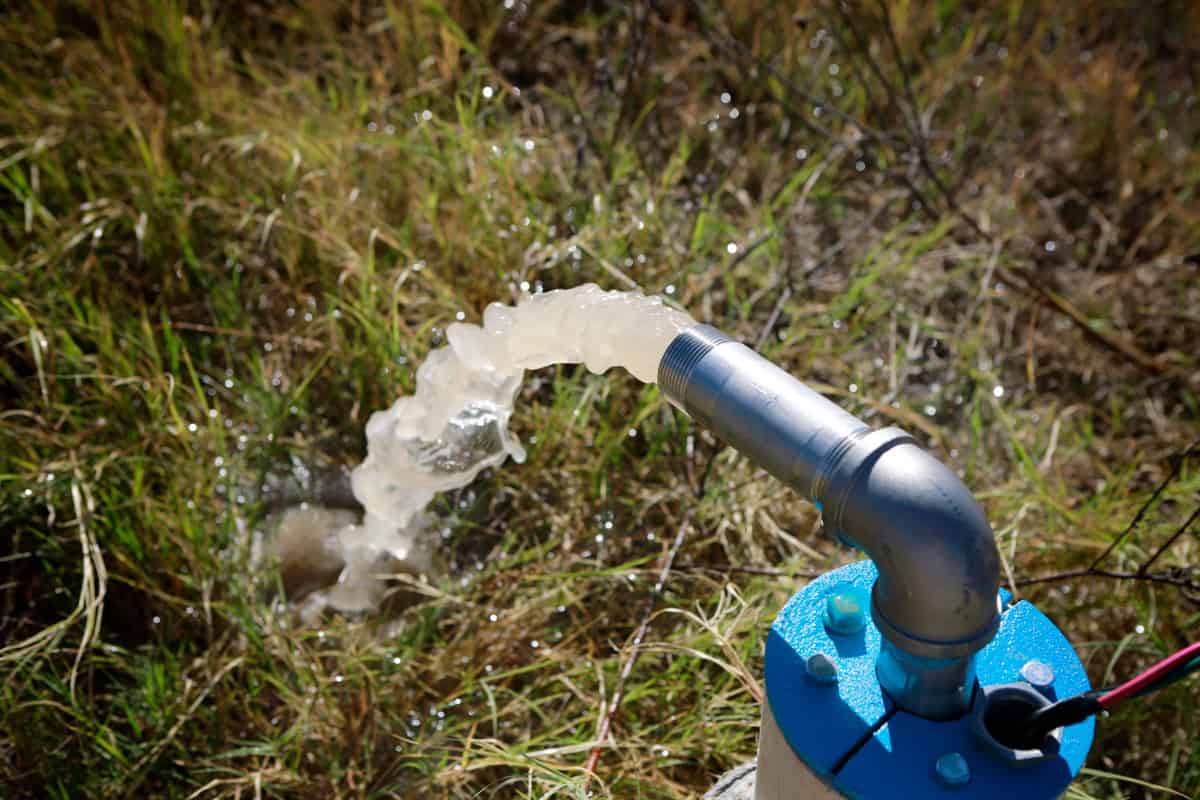
The pros of a constant pressure well pump are satisfying the water demand, having a constant strong water pressure that distributes throughout the levels of your house, and being energy and budget efficient due to its motor speed variation.
Its cons include paying for additional installation fees because it requires professional-level skills and knowledge in pumps, well, and electrical wiring. Another, it is electricity dependent so having no power means no water until its restoration. Lastly, its repair price can be pricey.
If you found this article helpful, check out these great posts:
